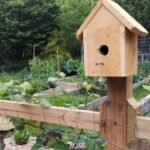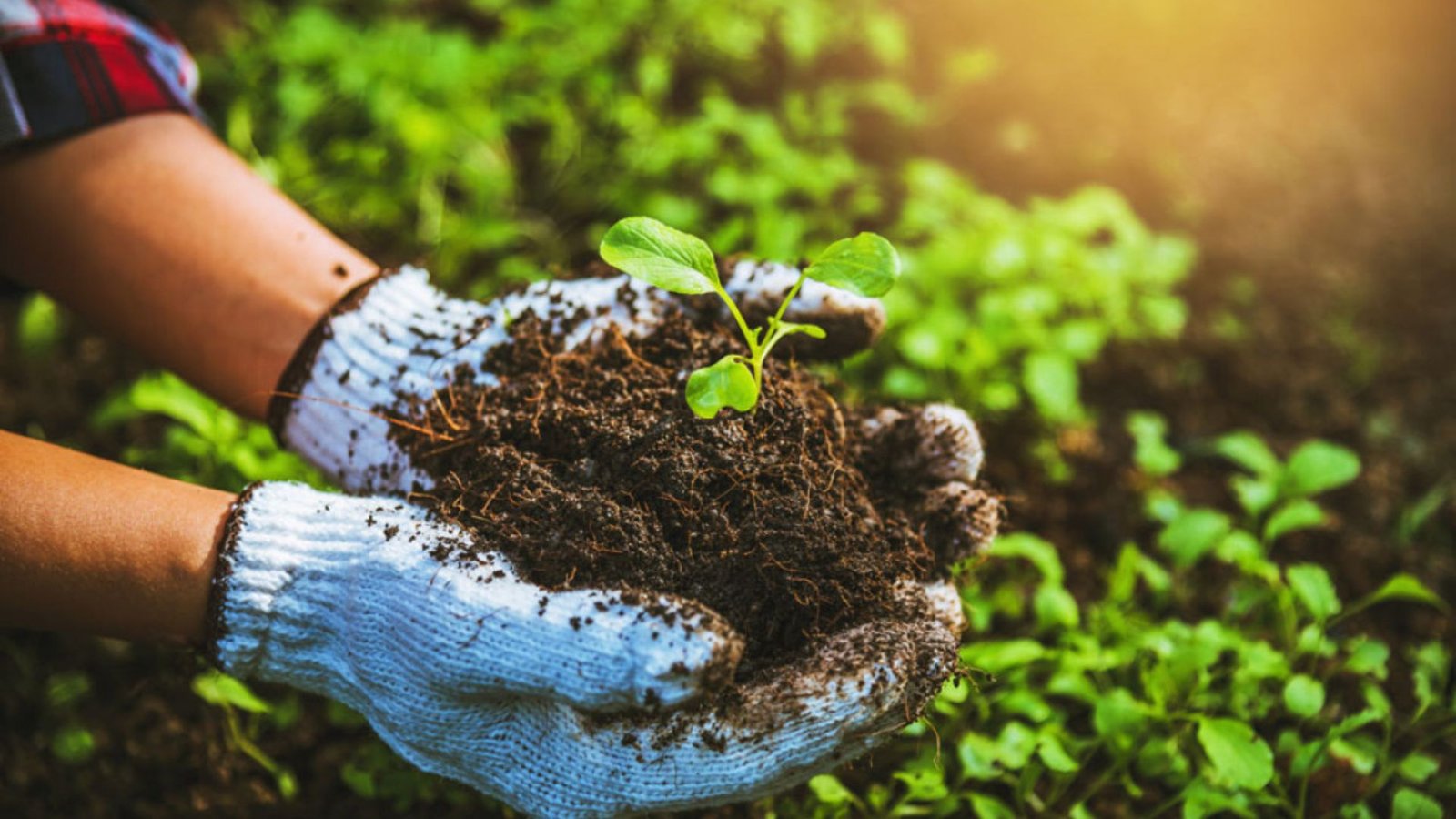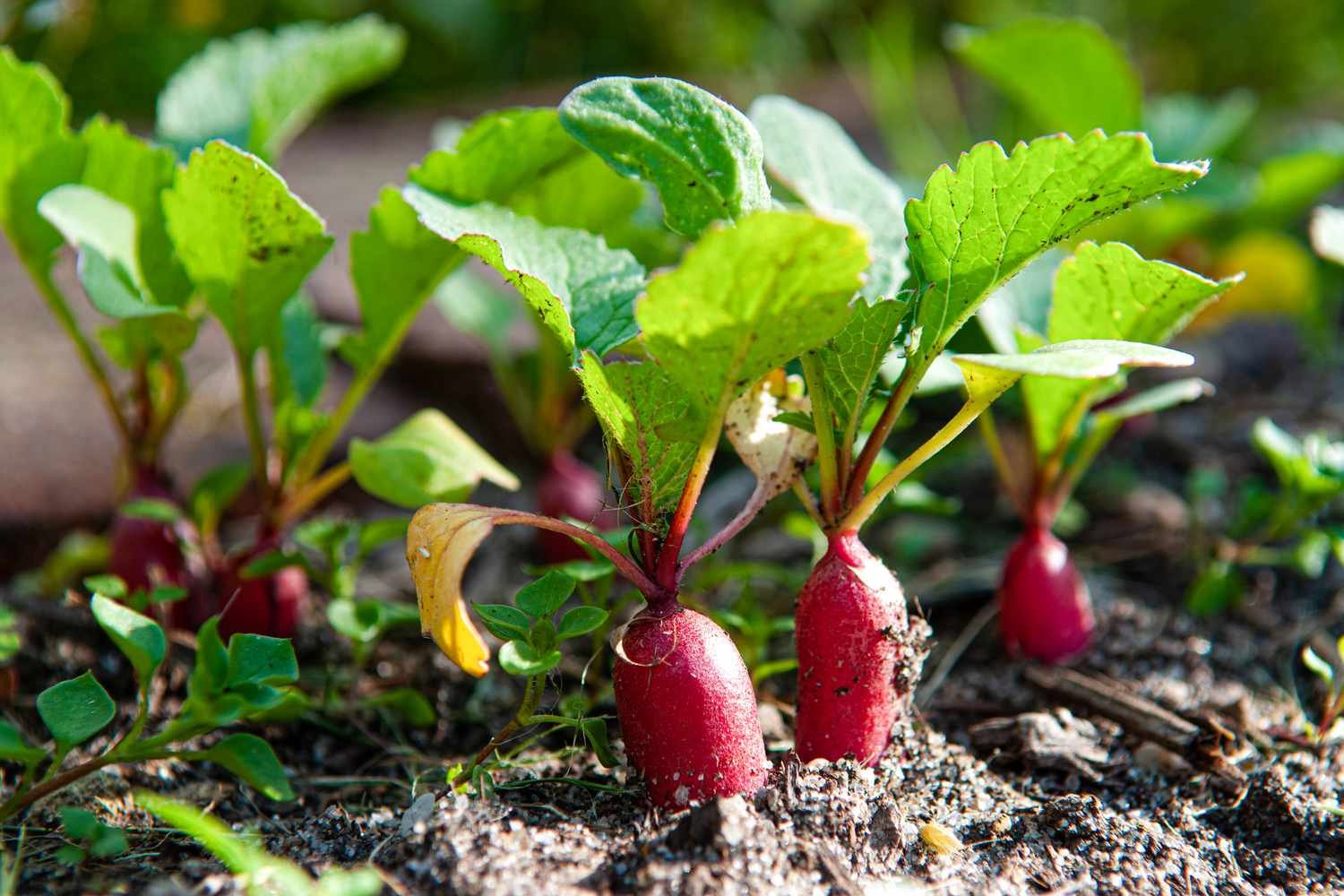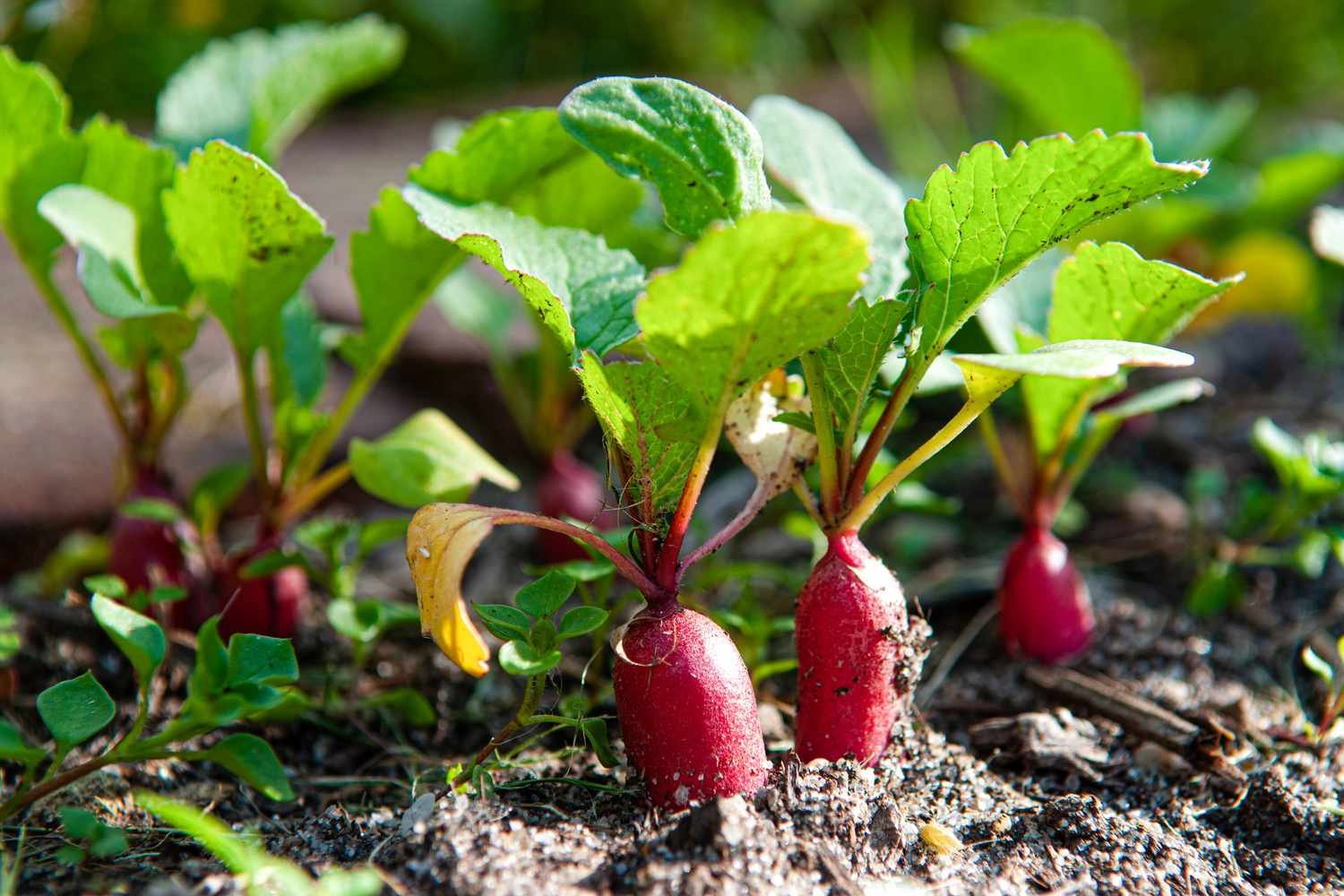Using organic seeds in gardening and farming offers a range of benefits that go beyond the individual plant or garden. Organic seeds are grown without synthetic chemicals, pesticides, or genetically modified organisms (GMOs), ensuring that they contribute to healthier and more resilient ecosystems. Here’s a detailed look at the benefits of organic seeds for biodiversity and why choosing organic seeds is an excellent decision for gardeners and the environment.

Promoting Genetic Diversity
Organic seeds come from plants that have been cultivated through natural pollination methods. This process maintains and enhances the genetic diversity of plants. Genetic diversity is crucial because it helps plant species adapt to changing environmental conditions, resist diseases, and improve overall resilience. By using organic seeds, gardeners and farmers support a broader gene pool, which is vital for the long-term sustainability of our food systems.
Supporting Soil Health
Organic seeds are grown in soil that is free from synthetic fertilizers and pesticides. This approach promotes healthier soil, which is rich in organic matter and beneficial microorganisms. Healthy soil is fundamental to biodiversity as it provides a habitat for various organisms, from earthworms to fungi, which are essential for nutrient cycling and plant growth. By choosing organic seeds, you contribute to the maintenance of fertile and vibrant soil ecosystems.
Encouraging Pollinator Populations
Plants grown from organic seeds are more likely to attract and support pollinators such as bees, butterflies, and other beneficial insects. These pollinators play a critical role in the reproduction of many plants, including those that produce fruits and vegetables. Organic gardening practices avoid harmful chemicals that can negatively impact pollinator health, ensuring that these essential creatures thrive and continue to support plant biodiversity.
Reducing Chemical Pollution
Using organic seeds helps reduce the amount of chemical pollution in the environment. Conventional farming often relies on synthetic pesticides and herbicides, which can contaminate water sources, harm wildlife, and reduce plant and animal biodiversity. Organic farming practices, supported by the use of organic seeds, minimize these harmful impacts, leading to cleaner air, water, and healthier ecosystems.
Preserving Heirloom Varieties
Many organic seeds come from heirloom plant varieties, which are traditional cultivars passed down through generations. These heirloom plants are a valuable part of our agricultural heritage and contribute to agricultural biodiversity. By growing heirloom varieties, gardeners help preserve unique plant traits and flavors that might otherwise be lost in modern agriculture focused on uniformity and high yield.
Enhancing Ecosystem Resilience
Biodiverse ecosystems are more resilient to environmental stressors such as climate change, pests, and diseases. By incorporating organic seeds into your gardening or farming practices, you support a diverse array of plant species that can adapt to and withstand these challenges. This resilience is crucial for maintaining stable and productive ecosystems.
Promoting Sustainable Agriculture
Organic seeds are an integral part of sustainable agriculture practices. Sustainable agriculture focuses on meeting current food needs without compromising the ability of future generations to meet theirs. By using organic seeds, you contribute to agricultural systems that are environmentally friendly, economically viable, and socially responsible.
Conclusion
Choosing organic seeds for your garden or farm offers numerous benefits for biodiversity and ecosystem health. From promoting genetic diversity and supporting pollinator populations to reducing chemical pollution and preserving heirloom varieties, organic seeds play a vital role in creating sustainable and resilient agricultural systems. Embrace organic seeds to enhance biodiversity, support healthy ecosystems, and ensure a sustainable future for our planet. By doing so, you contribute to a thriving environment where plants, animals, and humans can flourish together. Happy gardening!











